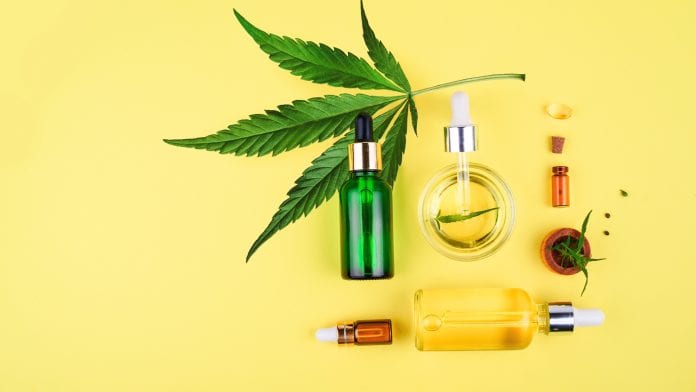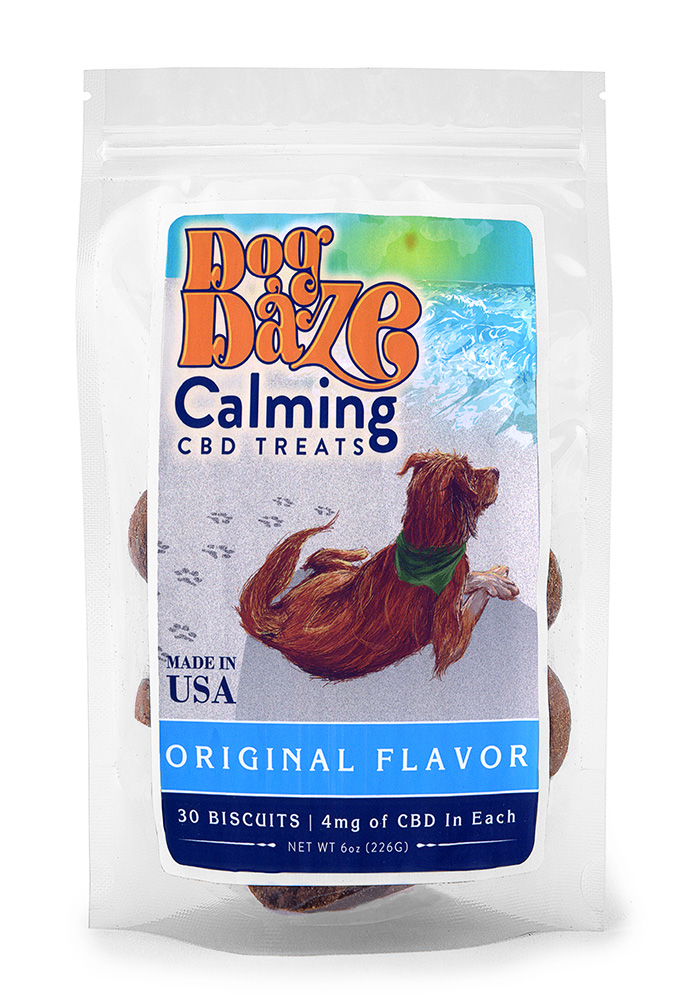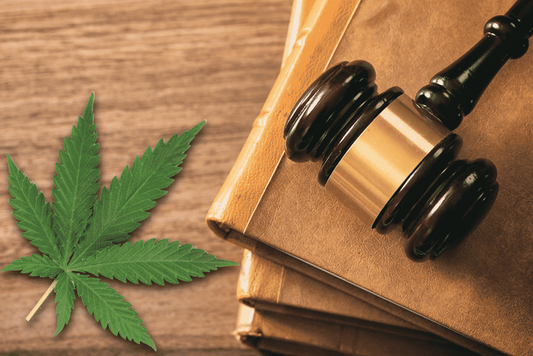
If you are interested in trying CBD coffee, you need to know how to find the right product. CBD coffee taste can vary. It all depends on the amount of CBD you are putting into it. The key to success is finding the right balance. The amount of CBD you desire in your coffee is another important consideration. For instance, if you like oranges, try a CBD tincture with orange flavor.
Cannabidiol
Cannabidiol, also known as CBD (or cannabis), is found in cannabis plants. It is part of a system of receptors in the body known as the endocannabinoid system. CBD and caffeine work in the same way, stimulating the body.

Coffee
Coffee with CBD is a relatively new product on the market. It's made the same as regular coffee, but the CBD oil is added to the coffee. It is easy to make, but it is important that you choose high-quality CBD oils. High-quality CBD oils will enhance the taste and effects of your coffee. Coffee has high levels of fats and amino acids. This makes it more likely to absorb CBD oil naturally.
Hemp oil
CBD oil is becoming more popular due to its health benefits. CBD oil is found in many products, including cosmetics, medicine, and food. Many people enjoy CBD coffee every day. There are some important things to remember when making CBD coffee. Use high-quality hemp extract and quality coffee beans. CBD coffee products do not always use high-quality beans. Look for companies that put as much effort into the coffee beans as they do into the hemp extract.
Mary Joe's Cold Brew Octopack
Mary Joe's Cool Brew Octopack is a cold-brewed coffee brand infused in CBD, or cannabidiol. For a smooth and enjoyable experience, this brand uses organic and filtered coffee. It contains 15mg CBD. Although it differs from THC, this product has the same effects. CBD can promote coolness and function.
Dani Pepper
Dani Pepper CBD is a full-flavored, 40 mg per serving coffee. It is made with hemp-derived CBD and organic coffee beans, roasted by fifth-generation coffee growers in the Pacific Northwest. It has a low price point of less than $1 per serving, making it a viable option for anyone who wants to try CBD without the high cost.

Caffeine Underground
Caffeine Underground is an espresso shop that offers cannabidiol infusions. Cannabidiol refers to a chemical compound found within the Cannabis Sativa plant. Also known as Hemp, It is legal, and it has many health benefits.
FAQ
Is CBD a good idea to invest in?
The demand for hemp-based goods continues to rise as more people realize their benefits. By 2022, the market for hemp-based products will reach $1 billion.
Market growth is expected to continue at a rate of more than 20% annually until 2020 when it will reach $2.5 billion.
Hemp oil has been used in many beauty products and health care products including creams, lotions.
A number of companies produce CBD-infused beverages, pet foods, dog treats, snacks, and other food items.
CBD is currently legal across all 50 states. But, this may change in the near future. CBD will become more widely used as a legal substance in the future. This will allow businesses to be more legally able to do business.
These factors make it clear that CBD investing can be a profitable venture.
What CBD products do you sell most?
CBD products are popping up everywhere. They are used for pain relief and anxiety. The market is big and growing fast.
But why do people purchase CBD? This is how it affects brand owners.
Statista reports that CBD products have relaxing properties. They are also bought for their anti-inflammatory qualities.
This means that if your product has both CBD and THC, then it can be sold for both recreational and medicinal purposes.
But what about brands who are focused on one purpose only? A company selling CBD for stress relief is an example of a brand that will not be challenged.
Furthermore, a brand who focuses on CBD-based medical uses will be able to attract a lot of customers.
But, if a brand is looking to target recreational users they will need to develop a unique selling position (USP). A USP can be described as a unique selling proposition (USP) that is unique to a brand.
For instance, some brands offer free shipping and others offer discounts on bulk orders.
Is the CBD industry saturated?
The CBD industry is experiencing a growth rate of over 25% annually. This growth is expected to continue for at least another five years. According to industry projections, it will grow from $2 billion to $5 billion by 2020.
Two companies dominate the CBD market: GW Pharmaceuticals (Canndoc Ltd) and Canndoc Ltd. Both companies focus on developing high-quality pharmaceutical-grade products. But they have not been particularly successful. Both are struggling to get traction on market.
Cannabidiol (CBD) is an extract of cannabis that contains less than 0.3% THC. It does not produce any psychoactive effects. It can be used to treat epilepsy, and other medical conditions. It is also used to supplement a diet.
There are many types of CBD products. Some CBD products are made with whole plants extracts, others use CBD isolates.
All of these products share one thing: They contain low levels THC.
They are thus legal under US federal legislation. You will still need to follow local laws if you are selling CBD products. Always check your state's laws regarding CBD products.
There are also several states that CBD products are prohibited. These states include California, Colorado and Mississippi, Missouri. New York, North Carolina. Ohio. Oklahoma. Oregon. Rhode Island. South Dakota. Texas. Utah. Virginia. Washington.
CBD products should not be made if you reside in these states.
What is the future of the CBD industry?
The future of CBD is bright. It is easy to see why this sector is so popular. It's easy to see why this market is growing exponentially, with CBD products generating over $1 billion in global sales.
According to Statista, worldwide sales of cannabidiol (CBD), are expected to hit $22.4 billion in 2019. This is an almost 200% increase from 2018!
The CBD market is also forecast to grow at 22.5% compound annual growth rate, which would result in nearly $6.8B in revenue by 2022.
This is good news for both companies that want to enter the CBD market and those who are already in this sector. But, it is important to remember that the CBD industry is still in its infancy. There will be many challenges.
Is CBD a viable option?
Yes. But not because of its medical benefits but rather due to its ability to help people feel better without getting high.
It is a great alternative to prescription drugs because it doesn't make your feel different.
As we have seen in studies, cannabis has been shown to be effective in treating pain, anxiety and depression.
Cannabinoids are also found in cannabis, which interact with brain receptors. This interaction creates feelings of relaxation and well being.
So if you're interested in using cannabidiol (CBD) oil for health reasons, then it's important to understand what exactly it does and how it affects us.
Which countries have the best quality CBD?
The United States is home to the greatest number of CBD products.
Canada, Australia New Zealand, Israel, and New Zealand all produce high-quality CBD products.
How can CBD products sold in a legally compliant manner by companies?
The FDA does not regulate hemp as an agricultural commodity. The Controlled Substances Act governs all other cannabis derivatives, such as marijuana. CBD has yet to be subject to specific regulations.
CBD is legal in 29 states. Federal law, however, still considers it illegal. Businesses looking to sell CBD products are left in uncertainty.
The FDA also maintains strict guidelines on how CBD products may be marketed. To make sure that CBD products are clearly disclosed about their THC content, the FDA has established strict guidelines. Companies cannot claim CBD is effective in treating certain medical conditions without supporting evidence.
Additionally, the FDA requires manufacturers submit information about manufacturing practices and quality control. Companies are also required to participate in clinical trials in order to demonstrate safety and efficacy.
These are important considerations for companies when creating their marketing strategies.
Statistics
- The inhibition of FAAH is predicted to lead to an increase in brain and plasma concentrations of AEA, which acts as a partial agonist at CB1R and CB2R, thereby increasing endocannabinoid tone [92, 110]. (ncbi.nlm.nih.gov)
- CBD seems unlikely to directly influence sleep in healthy humans [115] (and maybe “sleep-promoting” in those with certain comorbid conditions) (ncbi.nlm.nih.gov)
- HR −16 mmHg; 95% CI −26, −6; I2 = 92%) (ncbi.nlm.nih.gov)
- As a substance that was federally illegal before the passage of the 2018 Farm Bill, hemp-derived cannabinoids with no more than 0.3% THC still face a regulatory grey area. (forbes.com)
- however, one study also found that these effects were virtually abolished when the original media (a nutrient broth agar) was replaced with one containing 5% blood (increasing the minimum concentration to ~160 μM CBD) [179]. (ncbi.nlm.nih.gov)
External Links
How To
What are the issues that the CBD industry faces?
The market for CBD products is expanding at an astounding rate. There are many hurdles businesses face when trying to enter the CBD market. These include a lack consumer awareness, high-cost entry, limited access capital and regulatory uncertainty.
Many consumers aren't aware of the benefits and limitations of CBD. This means they are not able to make informed choices about whether or no to purchase CBD products.
CBD companies heavily rely on word-of-mouth advertising. This is costly, as it requires advertising and the hiring of staff to promote their brand.
Another issue facing new entrants into the CBD industry is the high cost of production. It is very expensive to obtain the raw materials required for CBD products. CBD oil can only then be produced if the hemp has been grown in a specific environment.
Grow enough hemp to produce CBD oil requires approximately $1,000 per annum. This means that many small farmers cannot afford the cost of starting.
A lack of capital access is another issue that new entrants will face in the CBD marketplace. Because of the stigma associated with this industry, many people are discouraged from opening a business.
Final, there are regulatory uncertainties surrounding the sale CBD products. There are currently no clear guidelines regarding how CBD products should be marketed.
While some states have passed legislation restricting CBD products' sale, it has not been adopted as a national policy.
Only Nevada and Maine have so far legalized recreational marijuana.
Massachusetts and Michigan are however considering similar measures.
These changes could result in increased competition between CBD manufacturer.
Many entrepreneurs prefer to work at home over starting a business.